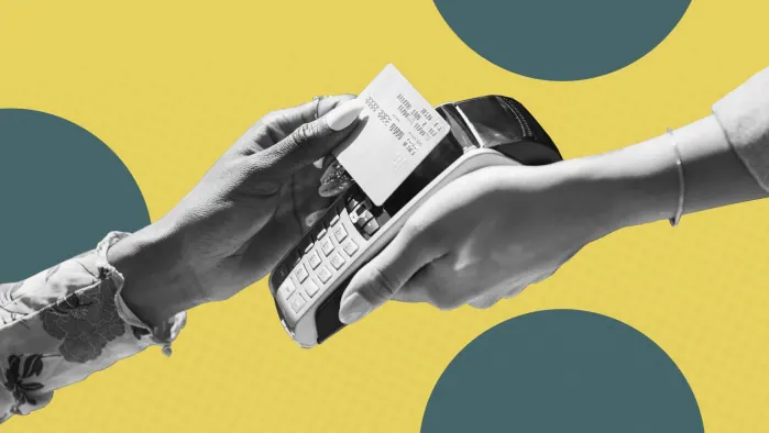You may or may not like writing texts. You can believe in the power of the word or not. It does not matter. The fact remains: the text is an integral part of any content, and a persuasive text is its king. To write such pieces, you will have to love doing it. Without love and craving for the written word, nothing will work. You will continue to enviously read the posts of competitors, friends, famous bloggers, and do not understand the secret of their success. They say that if you do not like doing something, then you just do not know how to do it well enough. Today, together with easyshark.com, a paper writing service, we have prepared for you simple ways to make you fall in love with this activity.
Don’t turn the love into hatred
The most crucial thing in any activity is not to hate it when trying to earn money. Writing texts is a creative process, so do not push yourself too hard.
It is not enough not to overdo work to continue loving it. Try to work on what you are interested in what you believe in. Don’t grab the first project you get:
- The work will go slow if you do not like it. As a result, you will spend more time, and time is money;
- You risk not only getting a negative review because of the “tortured” job, but also a kick to your self-esteem (we all feel bad when the job fails);
- You may also miss a project on your favorite subject while you “suffer” over a hated text.
The love for writing is not a trick. If there is no “soul” in texts, they do not work. This is because we write for people, and they want to read a text written by a person.
If you honestly hate to write and force yourself to love this activity, then try to describe on paper what makes you hate it. Sit down at the table and express your feelings for the texts within 20-30 minutes. This is just an exercise that will help you get to know yourself better and to understand what exactly causes you such emotions and how to cope with them.
Create a schedule
The first sentence is always the most difficult task. We all have this fear of a blank page, and this slows down the writing process. And if you have an approximate schedule, it will be much easier to start. Think about what hours it will be most convenient for you to deal with texts? How much time can you spend writing per day? Having developed a schedule, you’ll know that from 7 to 8 PM, you turn off the notifications on your phone and sit down at your desk to write. This kind of arrangement will help you tune in and think about your ideas by that time.
Practice
You have to write to be capable of writing — all the time. You cannot theoretically learn how to ride a bike. You should sit down and pedal every day. And if you fall, you get up and ride again. A blog, an account on social networks can be a good bike for a writer. You can practice your writing there, slowly learning to express what you think and feel as accurately as possible. And here, you can also get feedback from readers.
For the sake of training, you can write about everything: an overheard conversation in the subway, an unexpected snowfall in April, a childhood memory that came to mind. The main thing is to find the “potential difference”, some tension between the two poles, the beginning and the end of the sketch, to consciously arrange some opposition of elements in your story. To get the reader on this hook and not to get off it.
And you need to read to see how to do it. Try as many different things as possible — not only literary texts, but also journalism, good scientific texts, notebooks, memoirs, and letters. You can also copy someone at the beginning; it is useful for an apprenticeship. Mastering different manners and styles, you gradually find your own.
Don’t be afraid to check your work
Even if the literacy was passed on to you on the genetic level, you still must proofread your work. Sometimes, inspiration, arrogance, or just fatigue interferes with finding mistakes.
- Feel free to use programs to check spelling and punctuation;
- when planning time for writing, leave at least 30-40 minutes for rereading the text;
- Before proofreading the work, take a 15-20 minutes break (you must “forget” the text; otherwise, you will read it intuitively and will not notice any errors);
- Occasionally reread the rules of spelling and punctuation (this is also no shame at all);
- And most importantly: write not only on topics related to work or study.
Become your reader
You have written a text, checked it for spelling, uniqueness, counted signs, words, symbols, letters, and even spaces. Does the text meet all the requirements? Is it perfect in terms of language?
Now imagine that you see this text for the first time. You are a reader. Imagine yourself in the place of your audience. As you read the text, ask yourself these questions:
- Is the text informative?
- Is it interesting to read?
- Is the text different from hundreds of others on the Internet?
- What impression is left after reading it?
- Do people talk like this in real life?
You should not think that everyone who reads your text will like it. You can let your family and friends read it and ask for their opinion. Do not be afraid of criticism, learn from your own mistakes, and do not stop writing.






